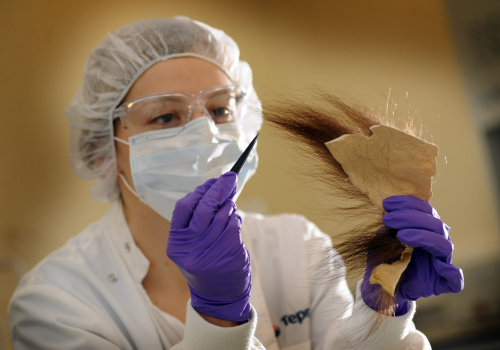Wildlife Forensic Resources
As a branch of forensic science, it is essential that wildlife forensic casework is performed to recognized standards that meet the criteria for generating evidence that is admissible in court. Since its inception, the Society has invested a great deal of time in developing a range of resources that describe minimum standards in wildlife forensics and support practitioners in achieving best practice. This includes a set of written Standards and Guidelines, an individual Certification Scheme and a laboratory Proficiency Testing scheme.
The Society for Wildlife Forensic Sciences operates a Technical Working Group (TWG) that is responsible for developing and disseminating advice on technical issues, including quality assurance in wildlife forensics.
Within the USA, the Organization of Scientific Area Committees (OSAC), established in 2014, is now responsible for coordinating and harmonizing US-focused wildlife forensic standards, through wildlife forensics sub-committee of the Biology Scientific Area Committee (SAC).
These groups, together with external contributors, have produced resources for wildlife forensic scientists that are available to download below.
- Wildlife Forensic Scientist Certification Scheme (SWGWILD, 2013)
- Scientific Working Group for Wildlife Forensic Science white paper (SWGWILD, 2012)
- Certificate of Scientific Exchange (COSE)-Application and Process- COSE Guidelines
- OSAC Registry for published Wildlife Forensic Standards
- American Academy of Forensic Sciences Academy Standards Board published Wildlife Forensic Standards
Other resources and trainings:
-
TRACE Wildlife Forensics Network: https://www.tracenetwork.org/
video-resources/ -
African Wildlife Forensics Network: https://
africanwildlifeforensics.org/ en/laboratory-resources
